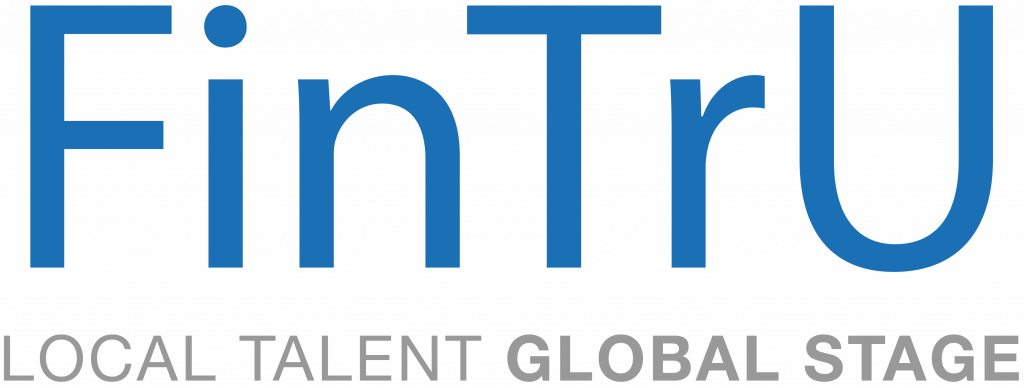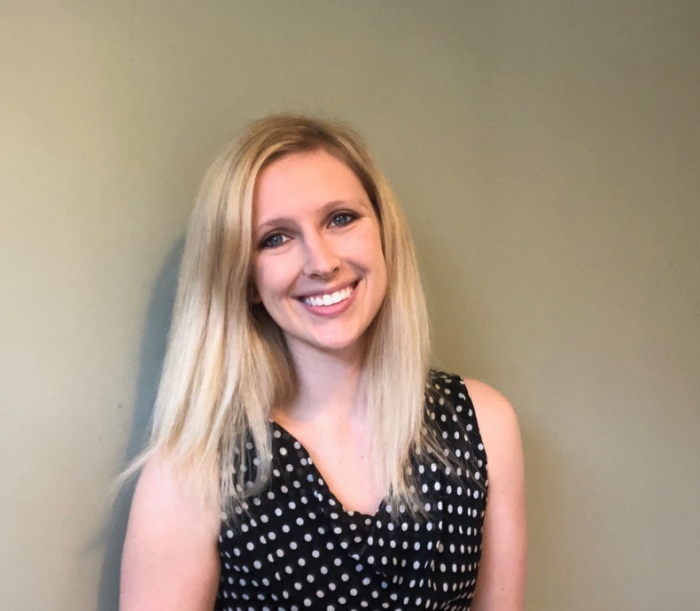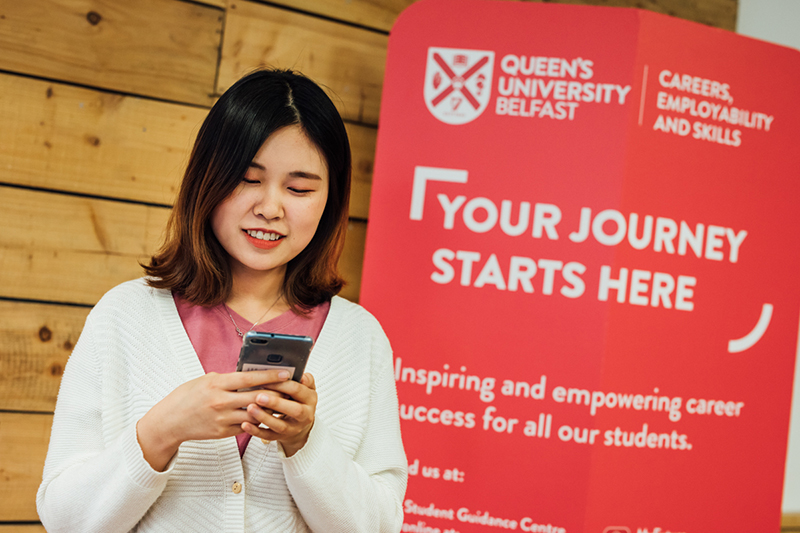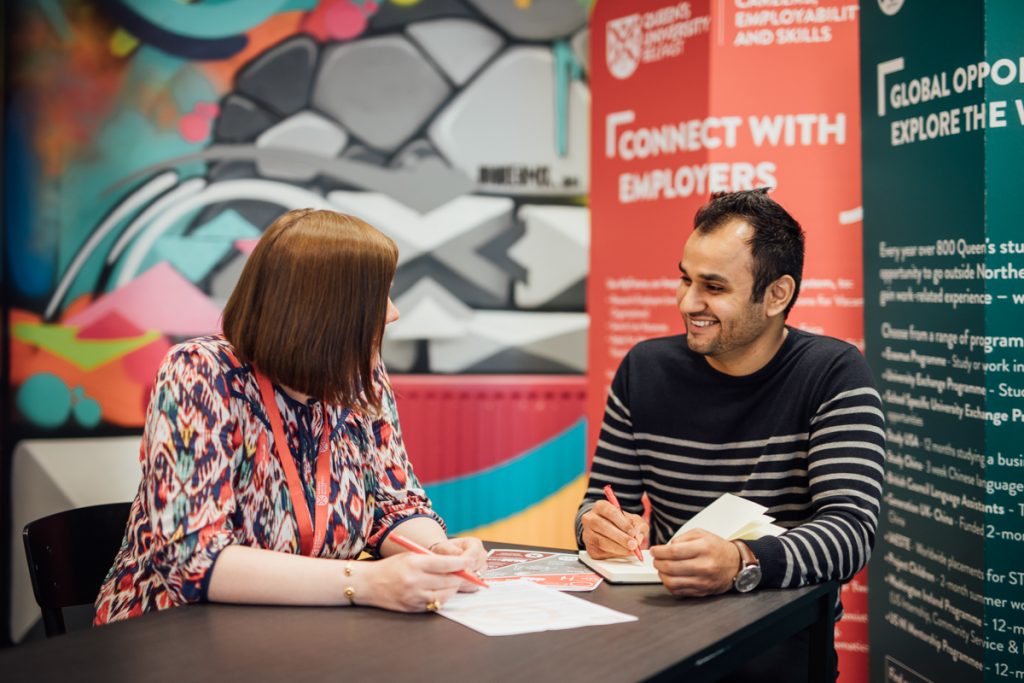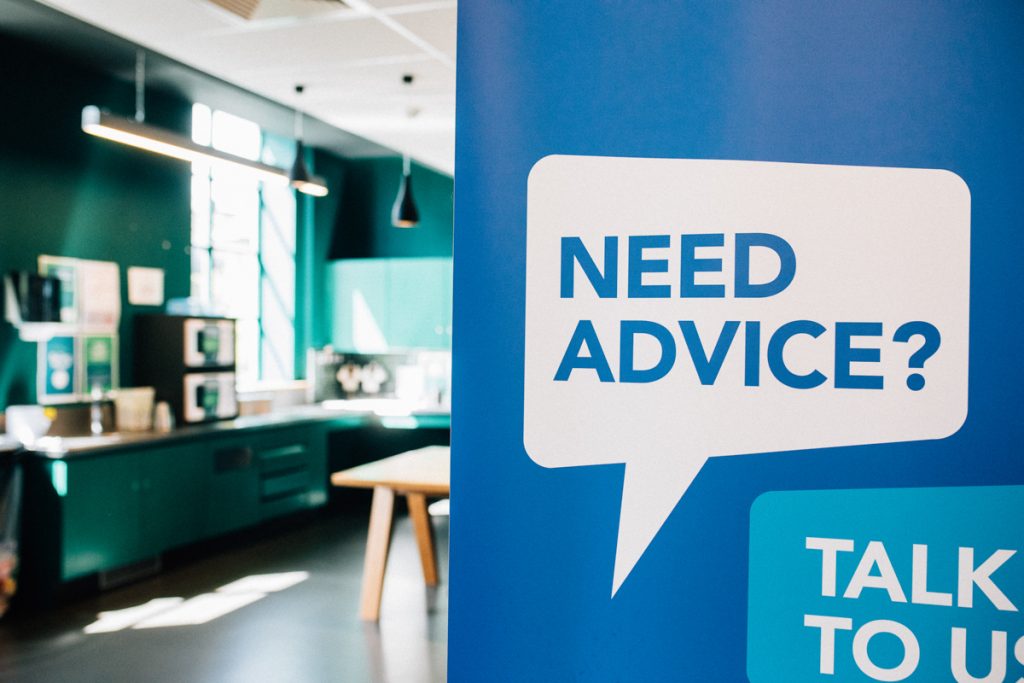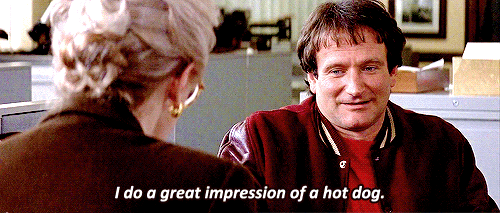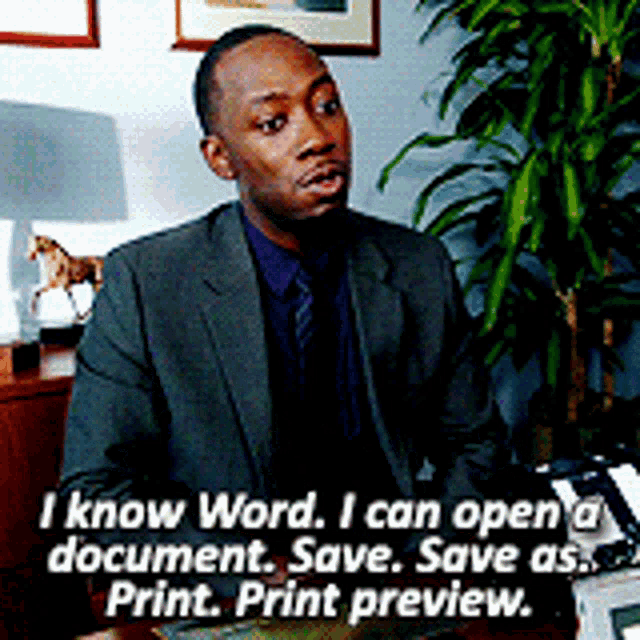John Maguire, North West Talent Partner at FinTrU gives his top tips on navigating the graduate recruitment and application process.
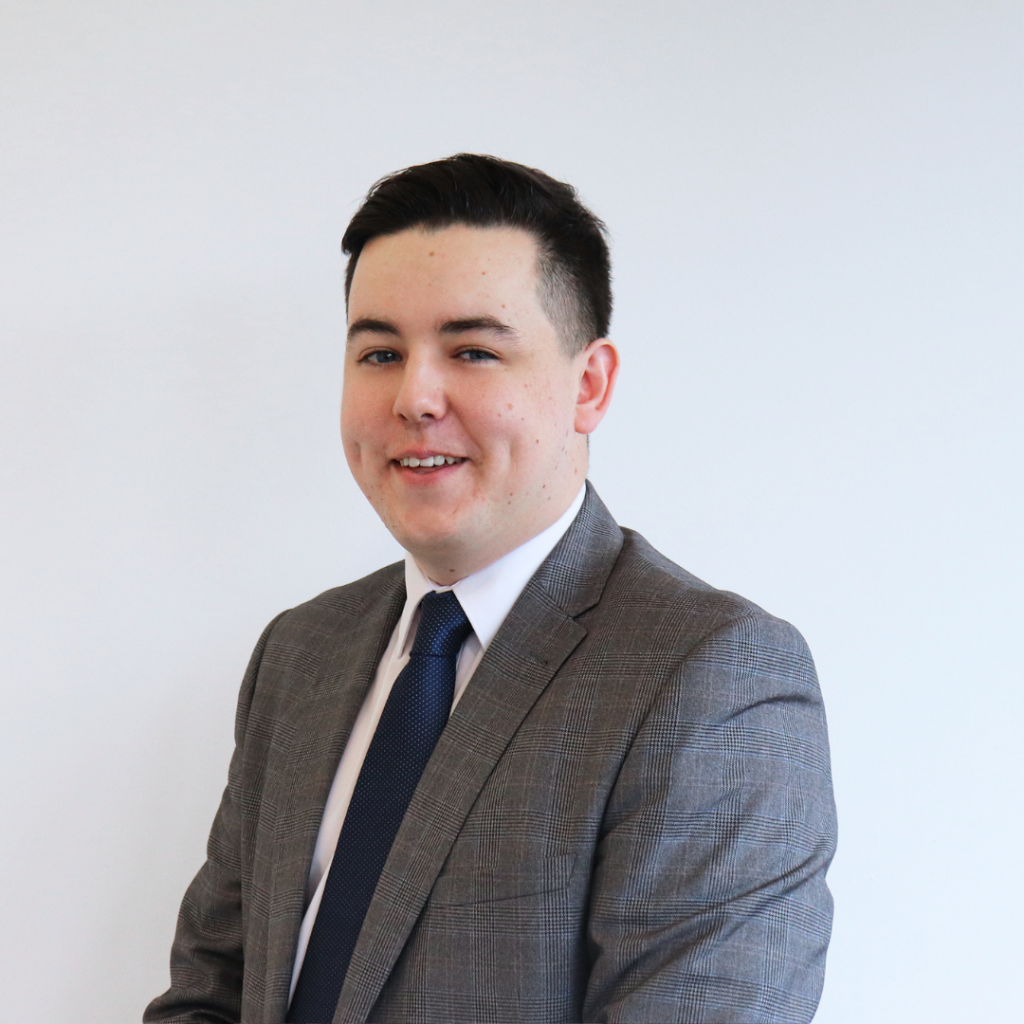
I am still job searching what skills should I brush up on to make me more employable?
John: So, there’s all manner of things you could be brushing up on to make yourself more employable. I think one of the key things is really to go and look at the companies you’re interested in joining, go and look at the sectors you’re interested in getting involved in your research like, there’s so much stuff now online, and you’ve no excuses to really not be not be completely filled up with all the information you need to know if you’re interested in somewhere, and you can find out so, so many things about employers and about sectors online at the moment. I suppose the other thing is just you know, don’t be afraid to ask questions you can reach out to employers, you can reach out to companies on LinkedIn, through different websites and things like that. So I would just practice kind of be in the habit of reaching I find that information, because that’s a bit of a bit of a skill in itself, I suppose, an organisational skills that everyone’s looking for kind of be a self starter if you can use your initiative, and do all that kind of thing. That’s a good place to start.
How can I make a good impression in a video interview?
John: Good question. Things are very different these days being on screen rather than in person. You can’t shake someone’s hand and you can’t get comfortable with them in the same room and sit across the desk from each other. I think it’s just doing the basics really well – having your research done. Doing everything you would do for a normal job interview really and just getting comfortable with the fact that you’re on screen with someone. We’ve been doing it for so long and it’s almost become second nature it’s becoming the new normal. It’s normal for us they kind of just do everything on video and all of our recruitment on video.
But it’s obviously a lot of people’s first names coming on, even though we’ve done dozens and hundreds of interviews with video. It’s always someone you know, first time doing a video interview. I suppose just be comfortable with it, be kind of aware that it’s just a little bit different than to be worried about things like, you know, technical difficulties happening – think people are really scared to about their internet cutting out… be aware that people are going to make room for that kind of thing that don’t happen in person like technical issues and all that kind of thing. But look, just be yourself, still be professional, you know do exactly what you would do in any other interview. Just don’t be afraid to go in and sell yourself even though it’s, it’s online and not in person.
How can I apply some of the skills I have developed in the last year when I start my job?
John: So. I think in the last year we’ve all developed some new skills in terms of working online, being based on our own and checking in with people in and the virtual environments. I think that’d be one of the positives of kind of what’s happened over the last year or two, is that some of that’s going to remain I think going forward in the future I think there’s gonna be a lot more virtual conferences and maybe people travelling to go to training sessions and things mightn’t happen as much so I don’t want people to feel like, all this virtual etiquette that everyone’s learned is gonna go out the window and no one’s gonna ever use it again. I think it’s a good thing to have under your belt, I think, like I said last kind of travelling between offices, the virtual options for doing training and team tasks are fantastic at the minute and they’re only going to get better. So I would lean heavily on that and really use that and it’s something that a lot of people haven’t had the opportunity to go to, it’s been a totally different work for the last year so I would say don’t feel like your, your experience of maybe being in university from, from home, and all that kind of thing is going to go waste because it’s not you’re going to get some use out of it and you’re gonna have all the skills there for the future.
So what does onboarding look like starting work in 2021?
John: So like I said look, the recruitment, the onboarding process everything like that, is totally up in the air at the moment. We’re thankfully coming to a time where we’re thinking about actually being in an office together how exciting is that? Everyone’s looking forward to human interaction, human contact.
Say for example, you know you’re being onboarded by the minute and everything’s still totally, totally remote, any company will have put in a lot of work to make sure that they still get introduced to all the colleagues that you need to be introduced to and you don’t feel to siloed and you don’t feel too alone. FinTru puts a lot of effort into making sure that everyone that comes in, feels like part of the FinTru team and really embraces the culture and getting involved in everything that could be getting involved in the office. So the moment that’s what it looks like every company will be putting a lot of effort into making sure everyone feels included and not left out in the remote environment.
But hopefully over the next few months, things continue to go reasonably well we’ll be able to get some in-person interaction and then we’ll all have to figure out how to do that all over again so that’ll be a whole new challenge.
How can I make a good first impression?
John: So good first impression – if this is an interview or if this is your first day, whatever it might be, I think, you know, we want people to be themselves I think sometimes people get lost in trying to be someone else either on an interview on the first day of work and they have this dream picture of what the dream employee should look like and to try and be someone else but we want people, and every other company will only want to be themselves. The best version of themselves to be professional, but still just totally themselves…That’s what, that’s what you’ve been hired by that company so I would just totally focus on being yourself and uploading the best best version of yourself across really.
What is the worst thing you’ve ever seen on a CV?
John: So I would do a lot of looking at CVs in my position, I think, it’s the basics. For example, if someone says that one of their skills is attention to detail and they’ve spelt the word attention wrong, that kind of thing – just the irony of it. There’s so much online in terms of, you know, If you go to YouTube or google – how to write a good CV, a modern, clean contemporary CV that it’s just one of those things you need to get right, so there’s plenty of resources out there, plenty of people that will be able to help you online. But yeah, just basic kind of basic errors are kind of the glaring things that people should be checking.
So, if I was going to do one thing today to make me stand out in the recruitment process, what would that be?
John: I think it comes down again to research, I think look at the company you’re applying for, look at the role you’re applying for and know absolutely, absolutely everything there is to know I think it’s something that impresses employers and companies when you’ve done that, and I think, on the other hand, it’s something that can let you down if you’re not armed with all the information that’s because it’s all out there at the moment it’s not as if you have to go in anywhere and find it. It’s literally at your fingertips, it’s on your phone. So I would say number one thing is, research, research, research just get everything you can about the company you’re applying for the role you’re applying for. And like I said earlier, I think we mentioned this earlier, don’t be afraid to reach out and ask questions in advance, you know, maybe people on LinkedIn or different organisations, whatever it might be, I would say just have all the information and show how keen you are to really, really go for a role, as you’ve done that, you’re going to be moving on to the next step.
I think as well like even if you look at companies’ social media profiles… like everyone has Instagrams and Twitters and Linkedin profiles and you can see a lot of the stuff the the company does culturally as well – maybe some of the charity partners they work with and maybe some of the things they get involved in outside of the 9-5 which will give you another flavour of the company you’re applying for.
How can I embed myself in a virtual team?
John: Yeah, we’ve kind of touched on this already I suppose. The thing I say to people when they’re starting off – I picked up so much even just bumping into people when I was getting coffee or going up the elevator or whatever, whatever it is.. and you stumble into people and stumble upon things you didn’t know before, so I think you have to work harder to get those opportunities. I think you need to be the one to send the Teams message, or Skype message like “how’s it going?” even or just just speak to someone just catch up on someone’s weekend and maybe you discover you’ve got things in common and who knows where it goes from there… there’s so many things kind of happen accidentally in an office just jumping in and chatting to people, and we don’t get opportunities I like when I go for coffee, it’s just me and the dog like there’s no one else. It’s not as if I have any any colleagues to bump into, or just catch up on the weekends or think everything at the moment can be really transactional and it can be all to do with someone when they need something or you need something for a piece of work. I think setting time aside, literally just call someone and say, how was your football match at the weekend or did you go for that hike you were talking about going and just really making a conscious effort to do that. Otherwise we don’t get those kinds of casual opportunities.
I still don’t know what I want to do, can you give me any advice?
John: So, I still don’t know what I want to be when I grow up. I think that’s okay – we’ve always had to choose really early in our lives about A-Levels and degrees and everything like that so I would stop thinking about a a job title, without thinking about maybe, what do you want to your days to look like, what do you want your career to look like in terms of, do you want to work with people. Do you want to be travelling, do you want to be based somewhere, do you want to work with technology, I would, I would start trying to come up with a career like rather than going straight to the kind of name of the career and name of the job that you’re dreaming of I would start dreaming up the skills you have, what you want you to ask who you want to work with all that kind of thing because I know one of the best things about my role is working with people, getting to do things like this. And that’s why I’ve kind of steered myself this this direction so if that’s something you’re interested in, like I would start thinking that way rather than thinking about the ultimate job title at the end I suppose because that’s really, really difficult. So start thinking about skills start thinking about things you want to do on a daily basis, a clearer picture of the industries and stuff you can go and start looking at.
If I don’t like my job how long should I stick at it?
John: I think it’s going to take you a while to figure out what your role actually is and figure out the feel of the company you join. You’ve done your research, there’s been something that led you to apply for this company and join the company wherever we end up. I think you have to give it time. I think a lot of things can you know when they’re feeling new and you’re not totally, you know, getting to grips with the rule, yet. I think you can start thinking oh maybe I don’t like this, maybe I’m not capable, like, maybe this is something I shouldn’t be involved in but I think it takes a number of months for anyone to get settled into any kind of new role or even a role within your own business. Don’t be too hasty and give them give them, you know, I think we can confuse, not knowing everything about a role and not being totally comfortable with a role with maybe not liking it, but you owe it to yourself that, to give you a little while to settle in.
What support will I get starting a new job working from home?
John: Yep. So, I know from our perspective, we will have a lot of support in place, so things like your dedicated line manager – someone like me looking after the graduate programmes, new start programmes. And look, everyone’s so conscious of nobody getting left behind in this online world, so we’ll be reaching out, checking in with as much as we want. We want it to feel like you’re in the office and you’re still sitting beside people and having that support that you have naturally in an office. The other thing I would say is don’t be afraid to reach out, the same way you would stop someone in the office maybe ask them a question that’s on your mind. Don’t be afraid to pick up the phone or go on teams. I think people who are new to a company is almost feel like they’re annoying people when they send them a Teams message, but like that’s what everyone’s for everyone’s there to help and no one’s going to be annoyed at you sending them a Teams message to ask them, ask them a question in your first few weeks so don’t be afraid to reach out.
How should I prepare before my first day?
John: So your first day in a company, the company will make sure that you have everything you need to get started, any necessary kind of information that you’re already going to have from the company. It comes down to research and just do everything you can with the company know what’s going on in the company at any given moment. Just be really up to speed with like Graham said earlier, any news and anything that’s really happening and just get a feel for the company. Again, I think it comes down to if you’re not sure or you feel like you’re missing something you should have, don’t be afraid to reach out to your new employer. Especially these days with with the online thing and virtual nature of things, you know, sometimes you just have to reach out to people. Don’t be afraid to lift the phone and just ring that number online to contact the company or whatever. I think people are doing that sometimes. So don’t be. Don’t worry. That’s something that people actually have a lot of respect towards kind of like what Graham was saying about, you know, he started February, Dorsey new members of the team and things like that, that’s really really well respected, but, you know, a company should have everything they need with you for day one, like, on top of your research and don’t be afraid to reach out just like I said.
What training do you provide graduates?
John: So, we at FinTru have a dedicated learning and development team, that kind of the way we view it is the Learning never really stops so you kind of come in to our financial services Academy, there’s loads of training provided in the graduate Academy. When you come into the business and join one of our various projects or project specific training and things like that. And really, all the way through your career depending on what role you’re in and where you go in the business we will have dedicated training available that will be specific to your role, maybe at any given time, for example, in my role dealing with people all the time and I’ve recently gone through like mental health first aid training session, kind of training side of things so it’s not just traditional examinations it’s you know, maybe some leadership modules maybe some management modules, things like that. So there’s lots of training and it never really stops. I’ve been with FinTru, many years now and I’ve never stopped learning, I’m always picking up things. Yeah, it’s one of the, one of the things we really focus on is developing our people and, and investing back in our people, we have our four key values or four Ps and one of the Ps is people. It’s something that’s really important to us, investing in our people to develop and grow them through the business really.
What is the most common mistake you see in interviews?
John: Yeah so I think we talked about it and I think we talked about it earlier – it’s trying to be someone else, I think, I think it’s that, that can come across as really kind of stilted and rehearsed. And I think your research can be brilliant, and you can have done everything right but if you try and stand up and convey it as if you try to be someone else like this version of someone that you think you should be, that’s not that’s not the way to do it I think you just have to be yourself like everyone’s different. We know we want to see you be you, and bring the best version of yourself really to the, to the table. So I think once you’ve got your research done. And once you’ve kind of you’re armed with everything you need for the interview. I would say look just be yourself you can be professional, you can still be personable at the same time and you can still have a wee bit of, you know, a bit of your own personality shine through in the interview so I think people try and really, you know, bleach all the personality, sometimes in interviews and try and be really, you know robotic and stuff. We want to see that personality, we want to see you be you really. I think interviews are a snapshot as well like they’re not- they don’t take all day and you can’t spend all day interviewing someone again. So it’s that five minutes of waffle that will be better used on another question where you can really shine. Don’t think if you’ve got a really tricky question and I’m gonna have to think of my feet here and just come up with something. You’re better using that time just moving on just saying I’m not really too sure about that.
I don’t have a graduate job, where can I find opportunities?
John: Yeah. So short answer again is online, like, I think, these days we have absolutely no excuse to not be not be kind of totally up to date with everything that’s out there. I think, a pretty general search online for graduate roles, fantastic place to start. And then every single business that you are interested in will have a website, will have social media, will have everything you need to kind of go and get, go and get an initial look anyway, and then follow up with questions. And don’t be afraid to reach out to potential employers or, or even have worked in that industry or work with that company before so don’t be afraid to ask a question, you learn so much just by speaking with people that are asking questions. So I would say that, but look online is a great place to start. You don’t have to wait for the weekend newspaper anymore and see the opportunities or anything like that so it’s all there, it’s all out there. If you want that, you can just go and then if you really want to get involved in a company, you need to get started so just go for a really just start looking, I would absolutely like are all the different ones out there.
What could I ask at the end of the interview?
John: I think one of the things we will say is at that section of the interview, don’t have no questions, even if you think you know everything and you’re happy with everything and your content was everything, just have a few questions lined up – it’s a really deflating end to an interview when you say do you have any questions for us, but anything to do with the company? And people say “no I’m fine” it’s just really kind of slow finish.
Interested in working for FintrU? Rewatch our recent @QUBCareers Instagram Live sessions featuring FinTrU and browse their current opportunities on theGradfest2021 site.
